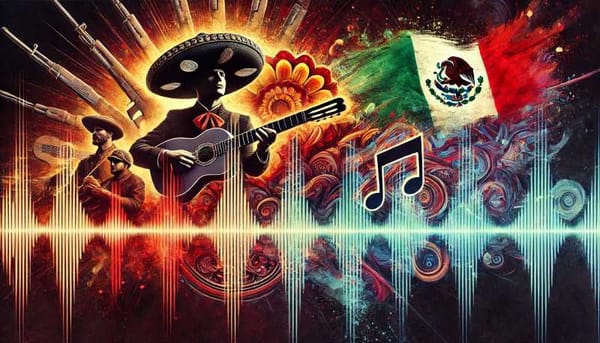Mexican solidarity stands out in more serious situations
According to the National Civic Culture Survey (ENCUCI) 2020, 82 percent of Mexicans aged 15 years or older have carried out an altruistic action at some time in their lives. The aim is to generate support networks to achieve more inclusive and equitable societies.

Mexicans are more supportive in times of greater severity such as an earthquake or a disaster caused by climatic phenomena; however, we have different responses to the vulnerable derived from stereotypes, says the academic of the National School of Social Work (ENTS), Leticia Aparicio Soriano.
"As a society, we do show solidarity, and the greater the severity, the more we show solidarity, but we give varied responses to those we help. For example, in the face of the migratory phenomenon, some turn to support, while others ask them to return to their country, and we do not see migrants from Central America in the same way as those from the Middle East, with another type of complexion, with another imaginary, that we have of them", comments the master in Latin American Studies.
She also points out that the National Migration Survey of the UNAM indicates that "foreigners" are, together with "the richest people", the group most distrusted in the country. In addition, the National Survey on Discrimination 2017, indicates that four out of 10 people would not rent a room in their house to foreigners. Almost half of the population (46.9%) would have little or no agreement with electing a foreign-born person (with a Mexican father or mother) to the presidency of the Republic.
These differences, the academic stresses, are detrimental to interculturality, integration efforts, diversity, and solidarity, the latter identified in the Millennium Declaration as one of the fundamental values for international relations in the 21st century and for fighting poverty.
On the occasion of the International Day of Human Solidarity, which is commemorated on December 20, the university expert explains that this event seeks to call us to reflect on the importance of generating support networks to achieve inclusive, equitable, and fairer societies. Support for the most disadvantaged.
According to the National Civic Culture Survey (ENCUCI) 2020, 82 percent of Mexicans aged 15 years or older have performed an altruistic or solidarity action at some time in their lives, and 61.3 percent have done so in the last 12 months.
According to the study conducted by the National Institute of Statistics and Geography (INEGI), in collaboration with the National Electoral Institute (INE), 45.5 percent donated food, medicine, or clothes; 37.6 percent helped a stranger and 28.2 percent sent messages through social networks to support someone or some cause.
The coordinator at UNAM of the Permanent Seminar "Comparative Studies of History, Society and Indigenous Culture of the Americas" exposed that there are also stereotypes regarding who is or should be more supportive, for example, women. "Thinking that women should be good and help others is also detrimental to what is conceived that a woman should do," she said.
Native peoples
Solidarity and mutual support is a fundamental value among native peoples, which has allowed them to resist for hundreds of years in Mexico and the world, adds the also former president of the Oversight Council of the Interdisciplinary Network of Researchers of Indigenous Peoples in Mexico. They are human and cultural groups that have become very resistant precisely because of their support and union, through very strong support ties.
The United Nations Organization establishes that the International Day of Human Solidarity is also a date to remind governments to respect their commitments to international agreements, as well as to encourage debate on ways to promote solidarity for the achievement of the Sustainable Development Goals, including ending poverty.




